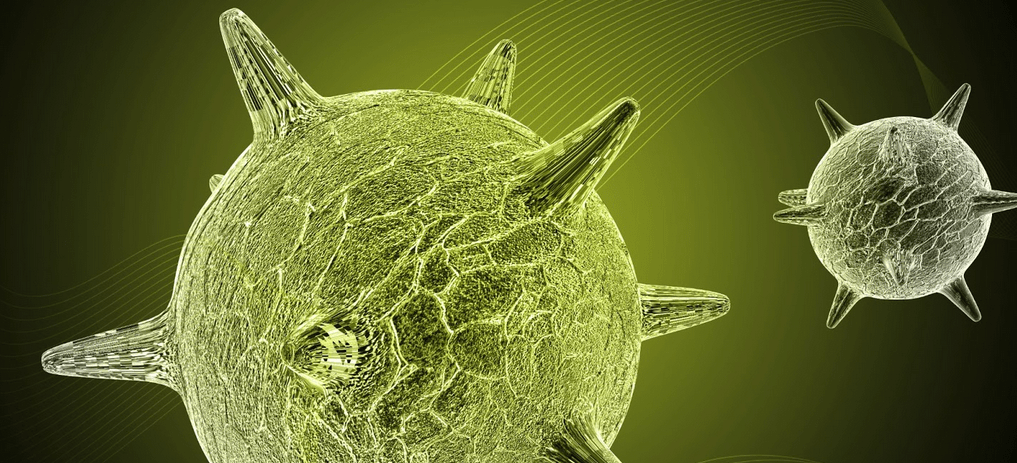Chronic Bacterial Prostatitis

Medically reviewed by Dr. Paul Song M.D
Article at a Glance
- E. coli accounts for 80% of the cases of chronic bacterial prostatitis.
- Chronic bacterial prostatitis symptoms last for at least three months.
- Successful treatment usually involves a variety of treatment methods from medications to natural therapies.
The second type of bacterial prostatitis is chronic bacterial prostatitis. It differs from acute bacterial prostatitis in that this chronic form develops more slowly and lasts for at least three months. It is not a common form of prostatitis, affecting less than 5% of prostatitis sufferers.
Chronic bacterial prostatitis is difficult to diagnose because symptoms can come and go over a period of weeks and months. Because of this, it is not easy to detect the bacteria that are causing the inflammation. A patient may think he is better only for the symptoms to reappear a few weeks later. Some bacteria are more challenging to identify because they do not grow well when cultured.
Like acute bacterial prostatitis, the main bacterium that causes chronic bacterial prostatitis is Escherichia coli (E. coli), but there are others kind of bacteria that can directly or indirectly trigger the disease. There are even more types of bacteria that can cause chronic bacterial prostatitis. They include:
- Chlamydia trachomatis (also cause Chlamydia)
- Enterococci sp.
- Enterobacter cloacae
- Klebsiella pneumonia
- Neisseria gonorrhea (causes gonorrhea)
- Proteus mirabilis
- Pseudomonas aeruginosa
- Staphylococcus aureus
- Trichomonas vaginalis (causes trichomoniasis)
- Ureaplasma urealyticum
- Mycoplasma hominis
- Serratia marcescens
E. coli accounts for 80% of the cases. The next three responsible bad guys include Klebsiella spp, Pseudomonas aeruginosa, and Proteus spp. Then there are the ones that are hard to grow in standard culture conditions, making them harder to identify–Ureaplasma urealyticum, Chlamydia trachomatis, and Mycoplasma hominis. Finding the correct bacterium can mean finding the best antibiotic and treatment plan of attack. But the most successful treatments involve more than just antibiotics, especially when it comes to preventing reinfection.
How Do the Bacteria Get to the Prostate?
It seems like the prostate should be a challenging place for bacteria to find and set up camp. The most common path for bacteria to get to the prostate is through the urethra. They then make their way up the male plumbing through the penis to the prostate. Bacteria can also get to the prostate from the bladder by infections forming in the bladder, stopping off at the prostate when traveling down in the urine.
Medical devices can introduce bacteria to the prostate and urinary tract. When a catheter is inserted into the urethra it can introduce bacteria. Another way the men contract bacteria is through sexual activity and unsafe sex. If a partner has a bacterial infection the man can get bacteria into the urethra. Having anal sex without a condom is another way for bacteria to get into the bladder and make their way to the prostate. Another path for bacteria to get to the prostate is by E. coli creeping up into the bladder from the rectum. Infectious hemorrhoids can also contribute to the bacteria in the rectal area. Then the bacteria get in the urine and make their way down into the prostate.
One surprising main cause of E. coli getting to the prostate is food contamination. The E. coli from contaminated chicken and animal products can get into the intestinal tract and lead to bladder infections.
Am I at Risk for Chronic Bacterial Prostatitis?
The good news is that chronic bacterial prostatitis is not very common. About 1 out of every 10 men who suffer from chronic prostatitis has bacterial prostatitis. Unfortunately once a man does have it, there’s a good chance that he will have it again. The rate of relapse is 50%. We do not know why, but some experts think that some abnormalities of the prostate may make it more susceptible to getting these recurrent infections. Some infections go undetected for a long time, with chronic bacterial prostatitis being present for many years before the men start to have symptoms. If you want to decrease your risk for bacterial prostatitis you start by wearing a condom (especially if you engage in anal sex), cooking chicken and other meats really well, eating a prostate-friendly diet, and staying on top of urinary tract infections and other causes of bacterial prostatitis.
Be aware that chronic bacterial prostatitis sufferers also are likely to suffer urinary tract infections along with their other prostatitis symptoms. These symptoms may include the following:
- Blood in urine
- Frequent urination
- Sense of urinary urgency
- Low-grade fever
When a man is in between prostatitis flare-ups, he might not experience any of chronic bacterial prostatitis symptoms at all (or may have very few symptoms). Other men might experience symptoms or have inflammation all the time.
Even though antibiotics are usually prescribed for chronic bacterial prostatitis, they are not always effective and may need to be taken again. Doctors should prescribe a two- to four-week course of antibiotics. Surgery may be in more serious cases. The most successful treatment plans incorporate lifestyle changes like dietary changes and doing alternative treatments such as acupuncture. Prostate supplements can be taken with antibiotics, and some medical studies are finding that certain supplements work very well to prevent recurrence of infection when used in conjunction with antibiotics.
If you are still planning on fathering children it is important to manage your chronic bacterial prostatitis, which can affect a man’s fertility if there are long-term complications. You should be especially vigilant in getting the right medical help for your prostatitis symptoms if you are want more children.
